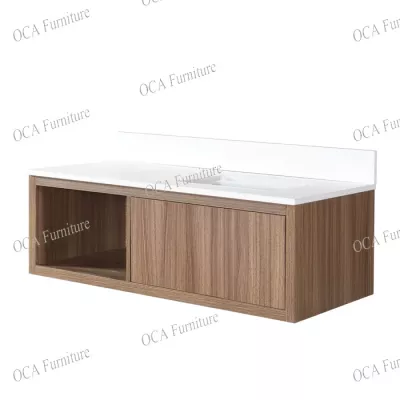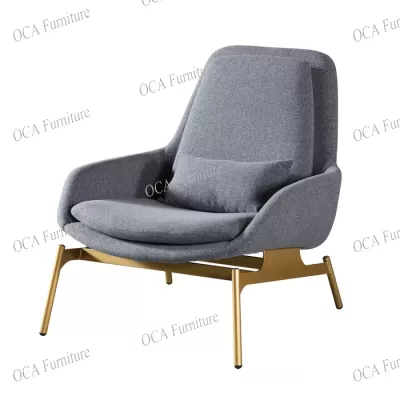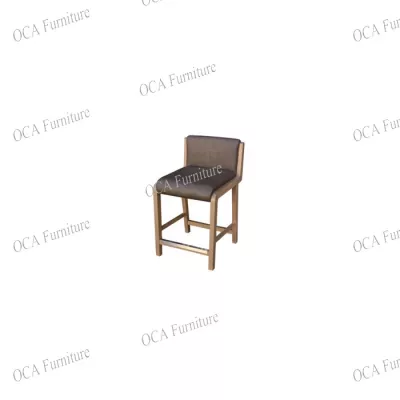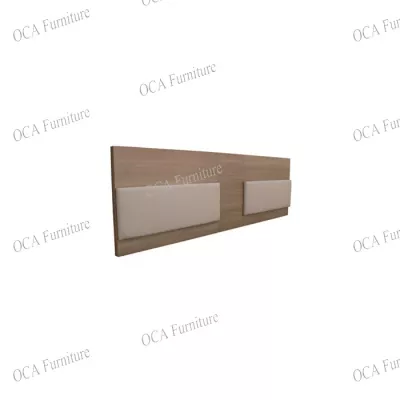Google is working with hotel chains to introduce Nest Hub smart display and Google Assistant into hotel rooms. This hotel service plan aims to allow guests to obtain information and use convenient facilities in a contactless manner. During the epidemic, this is particularly important for travelers and hotel staff, and it also reduces hotel costs.
Google Hotel
The hotel service plan is based on the Nest Hub smart display in the guest room. The Google Assistant acts as a personal concierge, connects to the hotel system, can arrange wake-up calls, and provides towels and toiletries. Google Assistant can access the hotel’s database and tell travelers what services are available, including special offers. For different hotels, Nest Hub can sometimes handle check-out matters, and travelers can leave the room directly without going through any formalities. Hotels can use Google Assistant to allow travelers to fill out questionnaires about accommodation to understand their needs and opinions.
Google wrote in a blog post: "With Google’s new hotel solutions, we are cooperating with hotels of all sizes to integrate Google’s best technology into hotel rooms so that travelers can stay without contact. Travelers will enjoy the new Experience, freely control the equipment in the guest room, such as blinds, TV, lights, etc."
Google is also working with voice software expert Volara to integrate the hotel system with Nest Hub. The Nest Hub can connect to travelers' smartphones via Bluetooth and play music without needing to log in to an account. When the passenger exits, all information will be cleared. Unlike Hub Max, Nest Hub is not equipped with a camera. Google considers the hotel room is a private space, so it deliberately removes the device's camera.
The system can protect user privacy, but the personalized functions are limited. At present, only a few hotels have installed the Nest Hub. These hotels are located in Arizona, California, Florida, New York and Washington, DC in the United States. Village Hotels in the United Kingdom are also using the device.
Smart devices will become standardized facilities
Google is following the trend of smart hotel rooms. As the hotel industry begins to recover, smart devices may become standard facilities in hotel rooms. In addition to Google, many companies are integrating smart devices with hotel systems.
Volara is cooperating with CIRQ+ to add voice control functions to the hotel management platform. Music recognition software company SoundHound combines its Houndify platform with JBL smart speakers in hotels around the world to play music. Amazon's smart speakers have been successful in the Marriott Hotel pilot project, and its Westin Buffalo became the first hotel to connect smart speakers with travelers' personal Alexa accounts. Google is accelerating its pace, trying to catch up with Amazon.
China is also working hard to promote the intelligentization of hotel rooms, making it a standard feature. Chinese hotel technology start-up company Brought to you this year received 258 million yuan in financing to compete with giants such as Baidu. Baidu cooperated with InterContinental to install smart displays in the suites of several hotels in China. Even if there is no epidemic, the cost of using artificial intelligence is lower than the labor cost. Intelligent voice assistants will eventually become standard facilities in hotel rooms.







